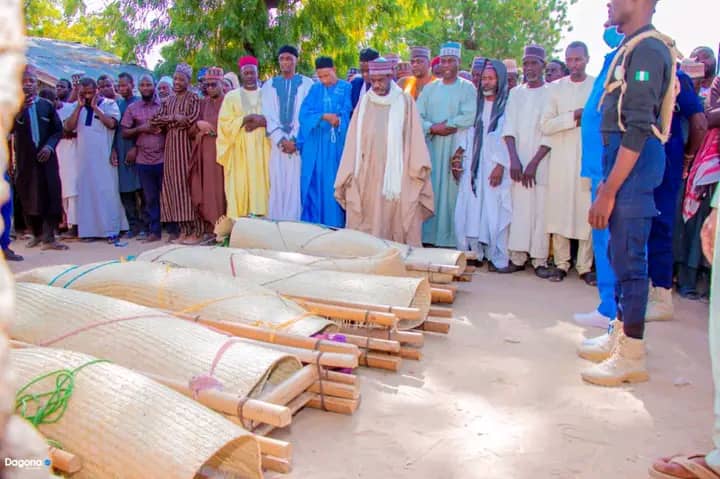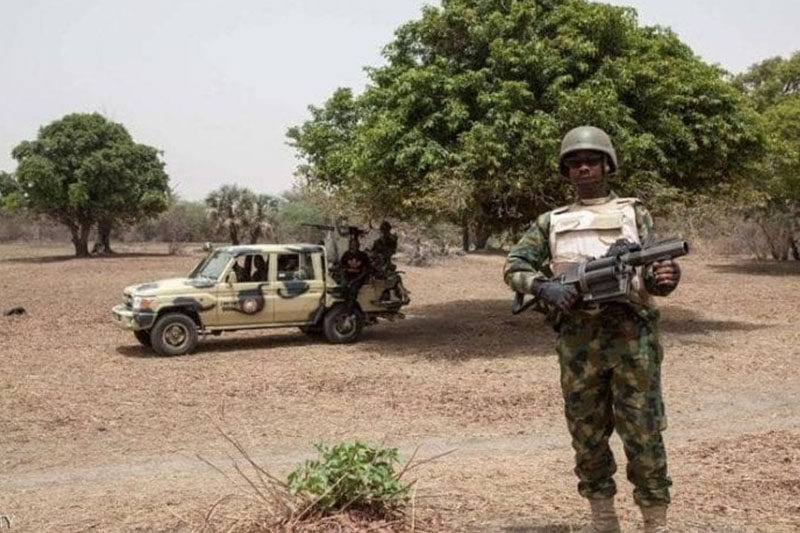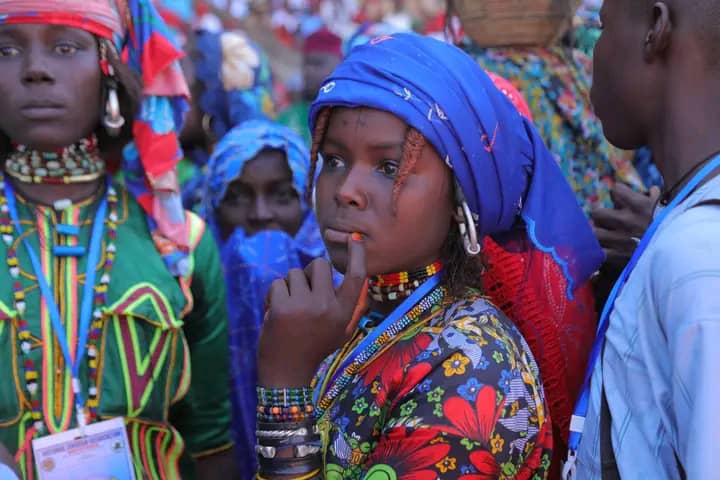Collecting and selling firewood has become increasingly difficult due to the ongoing conflict between government forces and the Islamic State of the West African Province (ISWAP) and Boko Haram in parts of north-eastern Nigeria.
Abubakar Kambari is a firewood seller who has been in the business for 35 years and he told RNI’s reporter Amina Abbagana that they are no longer going to the bush to collect firewood because of the insurgents. “Many of our colleagues are jobless now, we cannot go to the forest anymore. Before we used to get firewood in Damboa, Sabon Gari and Ba’ale, but today these communities are inaccessible. We are forced to go to neighbouring states, such as Bauchi and Gombe, to collect firewood but many of us can’t afford to travel to these states,” added, Kambari. “And recently the security forces suspect the firewood sellers of conniving with the insurgents”.
The spokesperson of the Borno State Firewood Sellers Association, Usman Isa responded, “No! The security have their own sources for getting information, but I can assure you, the suspected people were not our members” answered, Isa.
Although, Nigeria is the largest natural gas (LPG) and oil producer on the continent, research carried out by the Nigerian Liquefied Petroleum Gas Association found that in 2017 only 5% of the Nigerian population uses LPG for cooking, while 56% depend on firewood and 27% on kerosene.
According to the National Bureau of Statistic (NBS), over 30 million households and more than 100 million Nigerians depend on firewood as a source of energy for cooking, but experts say that this come with collateral damage to human health, the environment (deforestation) and the economy.
Nigeria loses about 350,000 hectares of land every year to desert encroachment. This has led to demographic displacements in villages across 11 state in the north, while it is estimated that Nigeria loses about $5.1 billion every year to rapid encroachment of drought and desert in most parts of the north.








